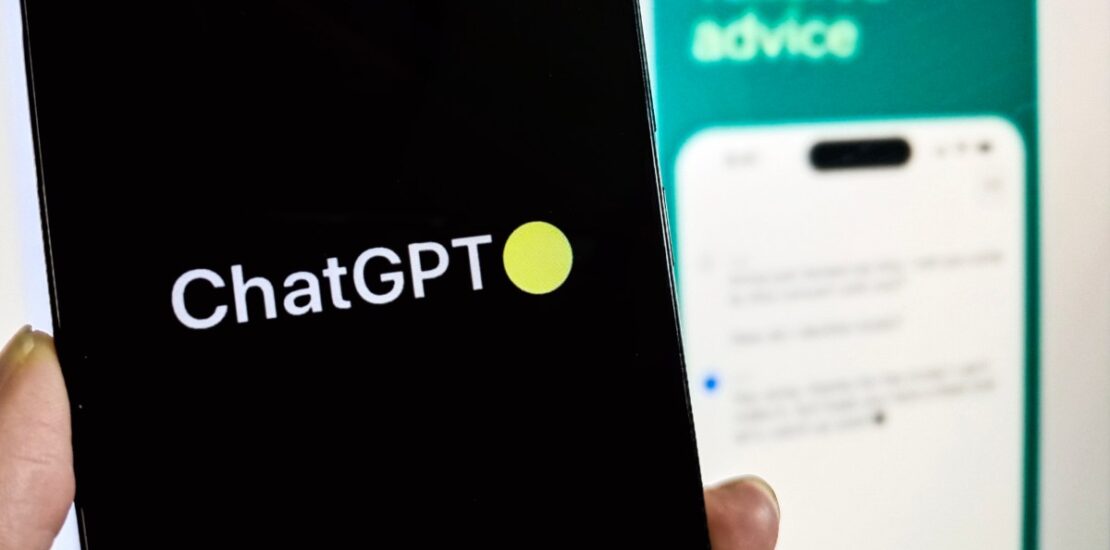OpenAI launches its Google challenger, ChatGPT Search
- November 4, 2024
- Posted by: chuckb
- Category: TC Artificial Intelligence

OpenAI has officially launched ChatGPT Search, an advancement of its earlier SearchGPT prototype, which aims to provide users with timely answers to queries by sourcing information from the web. This new feature is integrated within the ChatGPT platform and utilizes a fine-tuned version of OpenAI’s GPT-4o model to offer a rich set of data, including updates like sports scores, news articles, stock quotes, and relevant images.
The new ChatGPT Search functionality enables users to receive contextualized answers, complete with links to reputable sources. This allows for seamless follow-up inquiries that can refine searches further. Users can rely on a guided search conducted by ChatGPT, which determines the necessity of web search based on the initial query, or they can actively initiate a search themselves via a newly introduced search icon.
With regards to content attribution, responses from ChatGPT Search come with both inline and sidebar citations referencing data from news publishers and other partners through established licensing agreements. For instance, if a user searches for weekend events within San Francisco, the tool may generate a summary derived from local news sources. When subsequent questions concerning restaurant recommendations arise, it will offer curated options from local databases. Queries about election results will be directed to respected outlets like the Associated Press or Reuters, ensuring users receive accurate and up-to-date information.
Initial access to ChatGPT Search is available to ChatGPT Plus and Team users on both mobile and web platforms, with plans for broader availability to OpenAI’s enterprise and educational customers in the ensuing weeks, followed by the rollout to free users thereafter.
In addition to this, OpenAI has introduced a browser extension that allows users to set ChatGPT Search as their default search engine in Chrome, facilitating easier access to its search capabilities.
OpenAI has outlined its commitment to enhancing the search functionality further, particularly targeting sectors such as shopping and travel. There are aspirations to incorporate OpenAI’s reasoning models for deeper research capabilities, which would enrich the overall functionality. Future enhancements also include the integration of ChatGPT Search with the Advanced Voice Mode feature and extending access to users who are not logged into ChatGPT.
Despite the promising advancements, the launch has not been without controversy. Some content publishers have expressed concerns regarding AI-generated summaries like those from ChatGPT Search and Google’s AI Overviews, arguing that these tools could significantly reduce traffic to their websites. One study indicated that such AI-generated overviews could potentially impact about 25% of publisher traffic due to the diminished emphasis on direct links to articles, thus threatening traditional content consumption channels.
In light of these concerns, OpenAI claims to have accounted for feedback from its publishing partners regarding how ChatGPT Search identifies and ranks the most relevant articles in response to user queries. This includes considerations surrounding the optimal summary lengths and the choice of direct quotations from the source material, aiming to balance the needs of users for concise information while respecting the content creators.
Overall, the launch of ChatGPT Search represents OpenAI’s direct challenge to existing search engines, presenting a new paradigm in how information is sourced and consumed online. With the integration of real-time data and a focus on user-directed inquiries, ChatGPT Search could reshape the landscape of both search technology and content interaction. OpenAI’s further plans to expand functionality, address publisher concerns, and refine user experience suggest a proactive approach to evolving this new digital tool.
